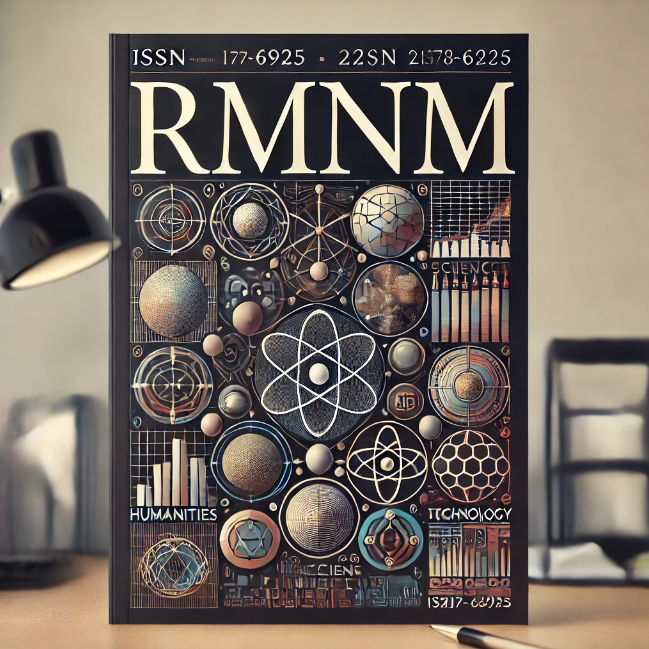THE USE OF THE WHATSAPP APPLICATION FOR SUMMONS IN CIVIL LEGAL PROCEEDINGS
DOI:
https://doi.org/10.61164/rmnm.v12i3.3295Keywords:
Service by WhatsApp; validity; effects of service.Abstract
Society has increasingly advanced in technology and popularized the use of messaging applications for communication, specifically the instant messaging application WhatsApp. Consequently, in the legal field, there has been noticeable progress as society evolves. In the context of legal proceedings, service of process is a crucial act that serves to notify the defendant of a lawsuit. Traditionally carried out through physical means of procedural communication, the use of electronic means to effect service of process has been utilized more frequently, particularly with the use of messaging applications. The study aimed to investigate the possibility and validity of this form of service of process amidst the many challenges that service by WhatsApp presents in judicial proceedings, such as ensuring the authenticity and integrity of the process, given that messages can be easily manipulated or contested. To this end, practical cases were analyzed, such as case law where service of process to the defendant was carried out via WhatsApp. The results indicate that service of process by WhatsApp in judicial proceedings offers more significant advantages than disadvantages, such as procedural speed and cost-effectiveness, principles that are expressed in the Federal Constitution of 1988. Based on the research conducted and its results, it can be concluded that service of process effected through the instant messaging application in judicial proceedings can be a viable and very efficient alternative, provided that the minimum necessary requirements for its validity are observed. However, greater debate and regulation of specific legislation by the Legislative Branch are necessary to establish clear guidelines on the use of this mode of service, ensuring the integrity and effectiveness of the legal procedure.
References
ADRIÃO, Rafael R A.; MASCHIO, Fernanda M P.; SILVA, Rochele O.; et al. Instituições do processo civil. Porto Alegre: Sagah EducaçãoS.A., 2018.
BRASIL. Lei nº 11.419, de 19 de dezembro de 2006. Dispõe sobre a informatização do processo judicial; altera a Lei nº 5.869, de 11 de janeiro de 1973 – Código de Processo Civil; e dá outras providências. Brasília-DF, 2006. Disponível em https://planalto.gov.br/ccivil_03/_ato2004-2006/2006/lei/l11419.htm.
BRASIL. Lei nº 13.105, de 16 de março de 2015. Código de Processo Civil. Brasília-DF, 2015. Disponível em http://planalto.gov.br/ccivil_03/_ato2015-2018/2015/lei/l13105.htm.
Conselho Nacional de Justiça (Brasil). Resolução CNJ 357/2020. Aprova o "Manual de Gestão Documental e Memória do Poder Judiciário". Brasília, DF, 14 de julho de 2020. Disponível em: https://atos.cnj.jus.br/atos/detalhar/3579. Acesso em: 05 mai. 2024.
Didier JUNIOR, Fredie. Curso de Direito Processual Civil: introdução ao direito processual civil, parte geral e processo de conhecimento. – 21. Ed.- Salvador: Ed. Jus Podivm, 2019.
FUX, Luiz. Curso de Direito Processual Civil. – 6. ed. – Rio de Janeiro: Forense, 2023.
Neves, Daniel Amorim Assumpção. Novo Código de Processo Civil – Leis 13.105/2015. – 3. Ed.– São Paulo: MÉTODO, 2016.
Supremo Tribunal Federal (Brasil). Habeas Corpus 1991667431. Relator: Ministro Luís Roberto Barroso. Julgado em 07 de abril de 2021. Disponível em: https://www.jusbrasil.com.br/jurisprudencia/stf/1191667431. Acesso em: 05 de mai. de 2024.
Supremo Tribunal Federal (Brasil). Habeas Corpus 199548. Relator: Ministro Ricardo Lewandowski. Julgado em: 20 mai. 2020. Disponível em: https://www.jusbrasil.com.br/jurisprudencia/stf/1191667431. Acesso em: 04 mai. 2024.
Downloads
Published
How to Cite
Issue
Section
License
Copyright (c) 2024 Revista Multidisciplinar do Nordeste Mineiro

This work is licensed under a Creative Commons Attribution-NonCommercial-ShareAlike 4.0 International License.




